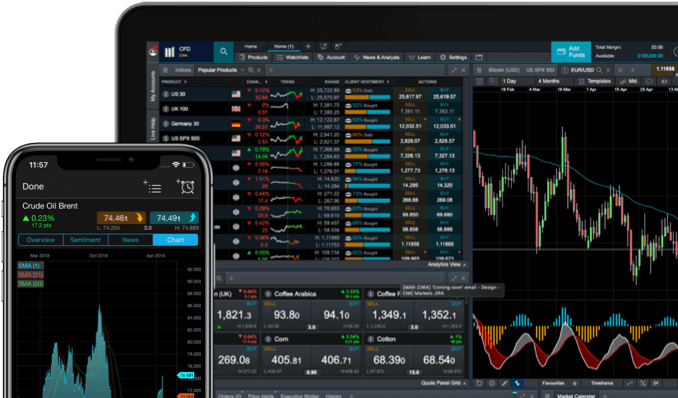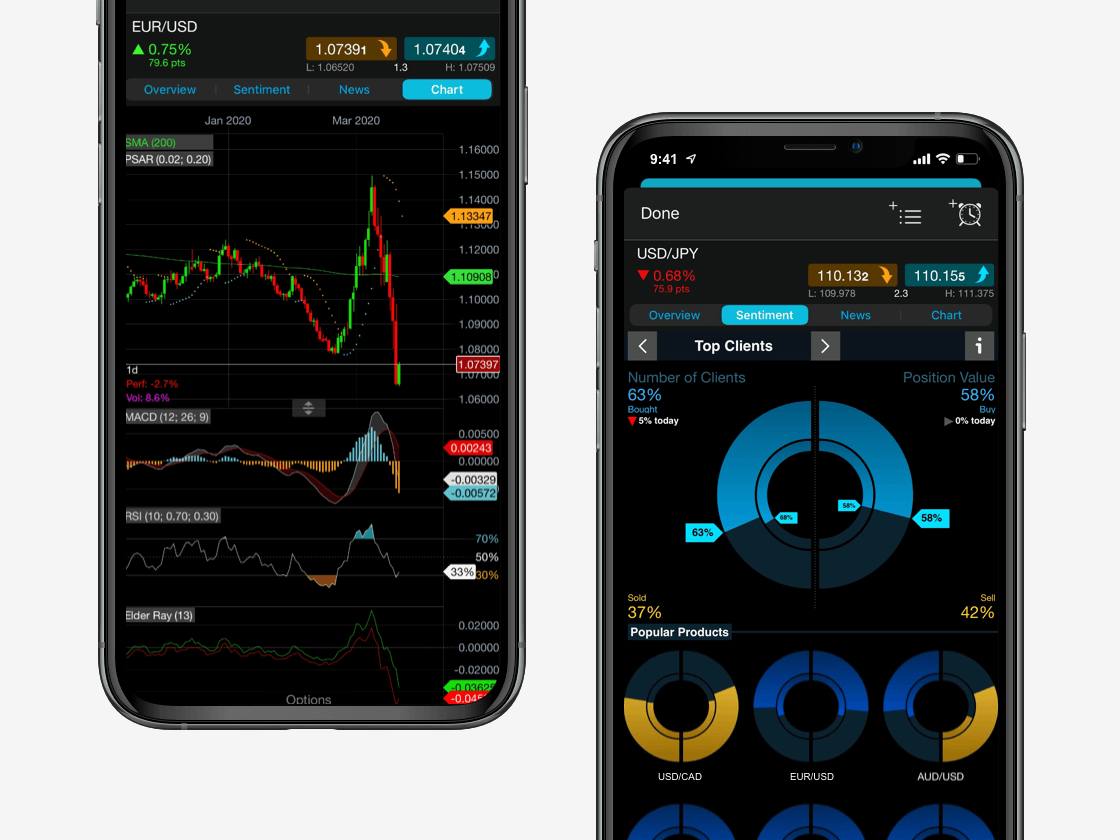Thematic investing offers the advantage of investing in a group of stocks, as opposed to just one. This helps to diversify your trading portfolio while offsetting some of the risk that is inherent when investing in shares. Whereas the health of one company could decline rapidly and cost you to lose a lot of capital, this is less likely to happen with a group of stocks, although share baskets can still see large price swings.
A share basket is an efficient way to trade on a portfolio of stocks. Spread betting or trading CFDs on the RRG Momentum+ share basket, for example, provides investors with exposure to 10 underlying stocks in one transaction. Buying 10 individual stocks would possibly take more time and increase trading fees.
However, one of the drawbacks of share baskets is that they may provide lower returns compared to only buying the strongest stocks in the theme. For example, a share basket will include some high-performing stocks and others that provide only modest returns. Choosing to invest in only the top-performing stocks in the industry could possibly yield a higher return.
Share baskets also come with a fee, called an expense ratio. It is the price for investment management. The performance of the share basket is reduced by the expense ratio. If a share basket returns 30% in a year, and the fees associated with the basket are 2%, the net return to the investor is 28% for the year. Whether trading individual stocks or share baskets, the price of these products are subject to market forces. Their prices may move considerably, or not very much, at given times.
Traders may want to consider the use of a stop-loss order to control risk if the price moves against them, and they could also consider having a profit objective, where they will take a profit when a desired outcome is reached. When trading any share basket or financial instrument, past performance is not always indicative of the future.


















